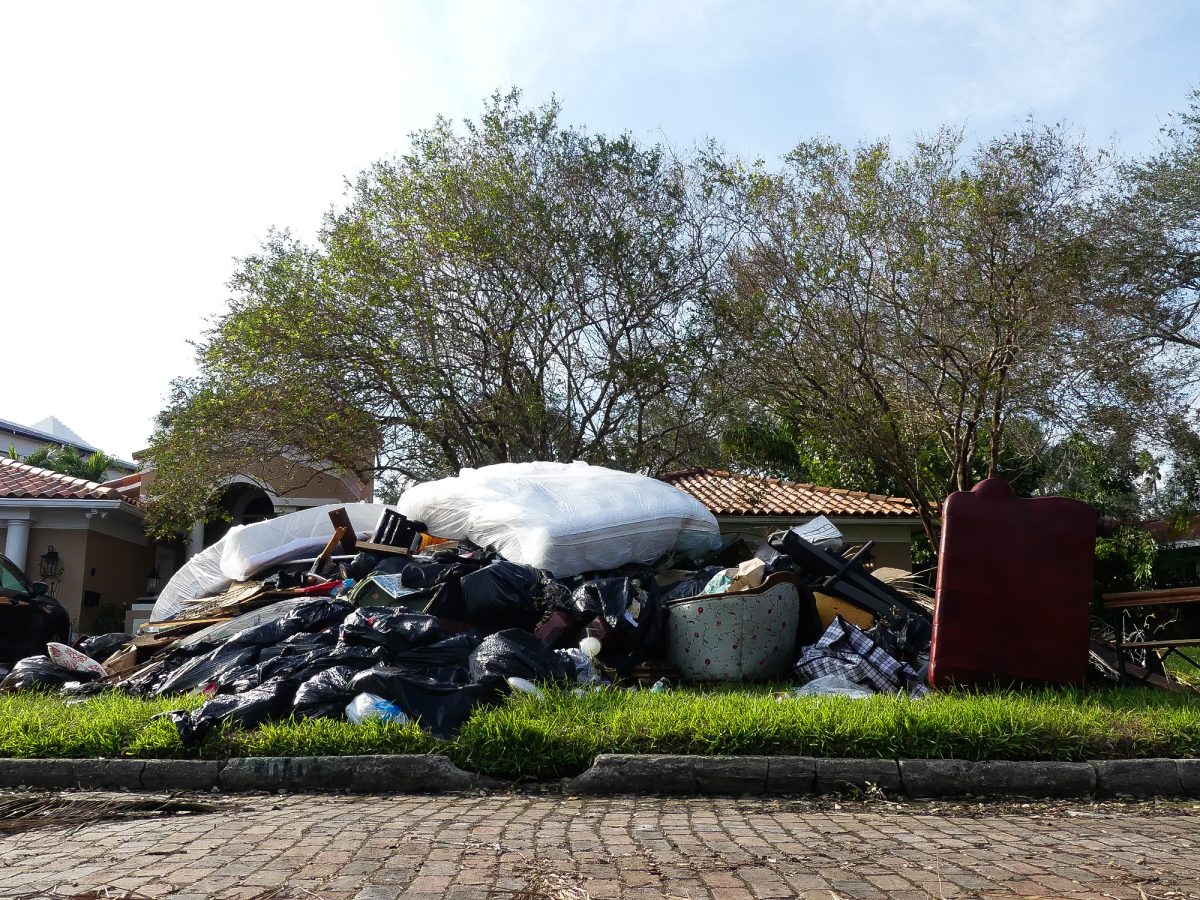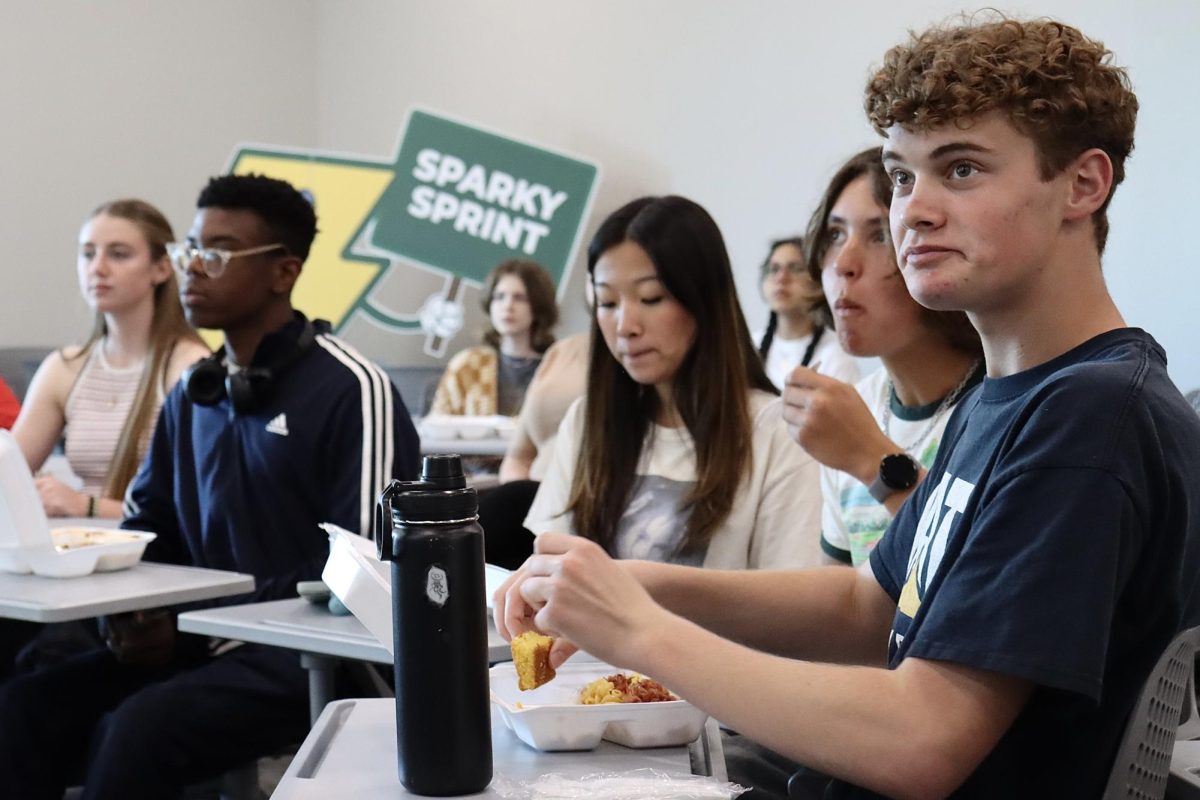Following a joint decision between the Shorecrest administration and the Board of Trustees, Shorecrest will be phasing out its acceptance of state-funded scholarships for tuition. Students currently receiving state-funded scholarships are in the process of being moved to Shorecrest’s financial aid program, which is why the school’s website communicates that we are still listed on the Florida Department of Education’s website as accepting scholarships. Shorecrest aims to eliminate all state-funded scholarships by the 2025-2026 school year.
This decision was made in April 2022 and reaffirmed in the years following due to concerns regarding state involvement in Shorerest affairs. Shorecrest CFO & COO Lisa Wylie noted that while there are no such issues presently, they may arise: “The Florida Department of Education or the state legislature could put additional mandates as a condition of receiving state funding, and that’s what we’re trying to avoid—something that might not be mission-aligned.” She also stressed the importance of Shorecrest’s ability to determine its own curriculum and core values.
Florida Governor Ron DeSantis’s School Choice legislation, passed in March 2023, grants state funding for all private school students in Florida, but the Shorecrest administration is uncertain that the state will be able to continue to fund this program. “Accepting such a large amount of funding…more than $7 million dollars from a single source, that’s always a financial risk,” Wylie said. “If, for some reason, there was a sudden forfeiture of a large amount of state funding, that could be a challenge to the school.”
In May 2023, Shorecrest announced on its website and in Ebytes the upcoming changes in the scholarship program. Despite this, some students missed the information. Senior Ozzy Bedell believed he could utilize the School Choice scholarship to cover tuition. Unlike Shorecrest’s financial aid program, the School Choice scholarship is available to all income levels, though priority is given to families of lower income. While Bedell understands the reasoning for no longer accepting the funding, he maintains, “There shouldn’t have been a disconnect where people could think that they could get that money from the school if that’s not a possibility.”
To offset the lack of state funding, Shorecrest is “making every effort” with its financial aid program.“We fundraise for it, we’ve increased our budget dollars for it, and we are continuing to make it a priority,” Wylie says.
Shorecrest uses a third-party platform, FACTS Grant & Aid, to determine a student’s qualification for financial aid on a “case-by-case basis.” Wylie said, “If you qualify for aid and receive state funding, we will continue to provide our own financial assistance and replace the dollars.”
One may suppose a lack of state-funded scholarships impacts the school’s socioeconomic diversity. However, Director of Diversity and Inclusion Roderick Fludd said that this decision actually “helps to enhance our efforts to cultivate a diverse, inclusive community at Shorecrest by minimizing risk to the school.”
As for the impact on prospective students, Wylie said, “We have a healthy new student pipeline, and more than 94% of our students eligible to return have already committed to returning.” No prospective families have shared any thoughts on the refusal of state funding with Interim Director of Enrollment Management Mark Brown. “Families continue to inquire, tour, and apply across all divisions,” he added.
See https://www.shorecrest.org/admissions/tuition-and-financial-aid for more information regarding Shorecrest’s financial aid program.




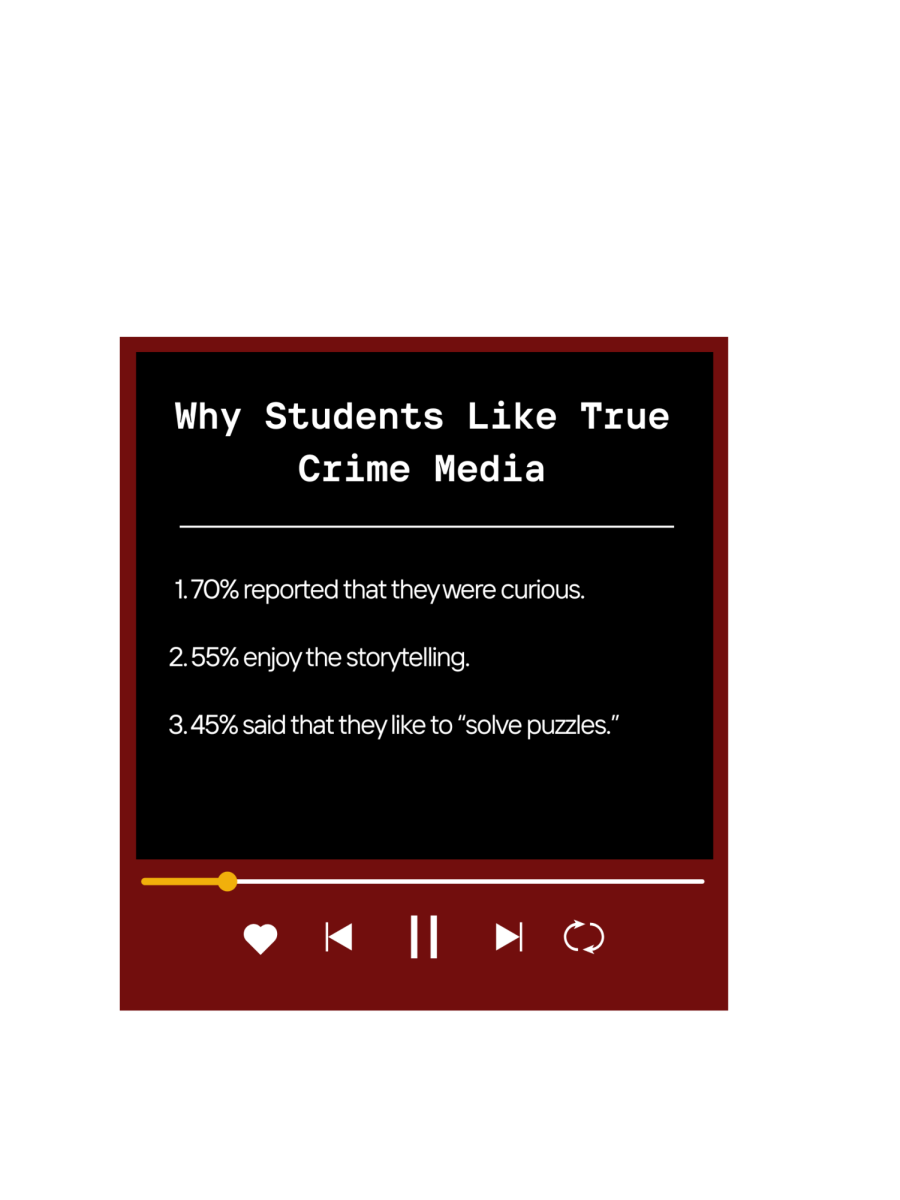






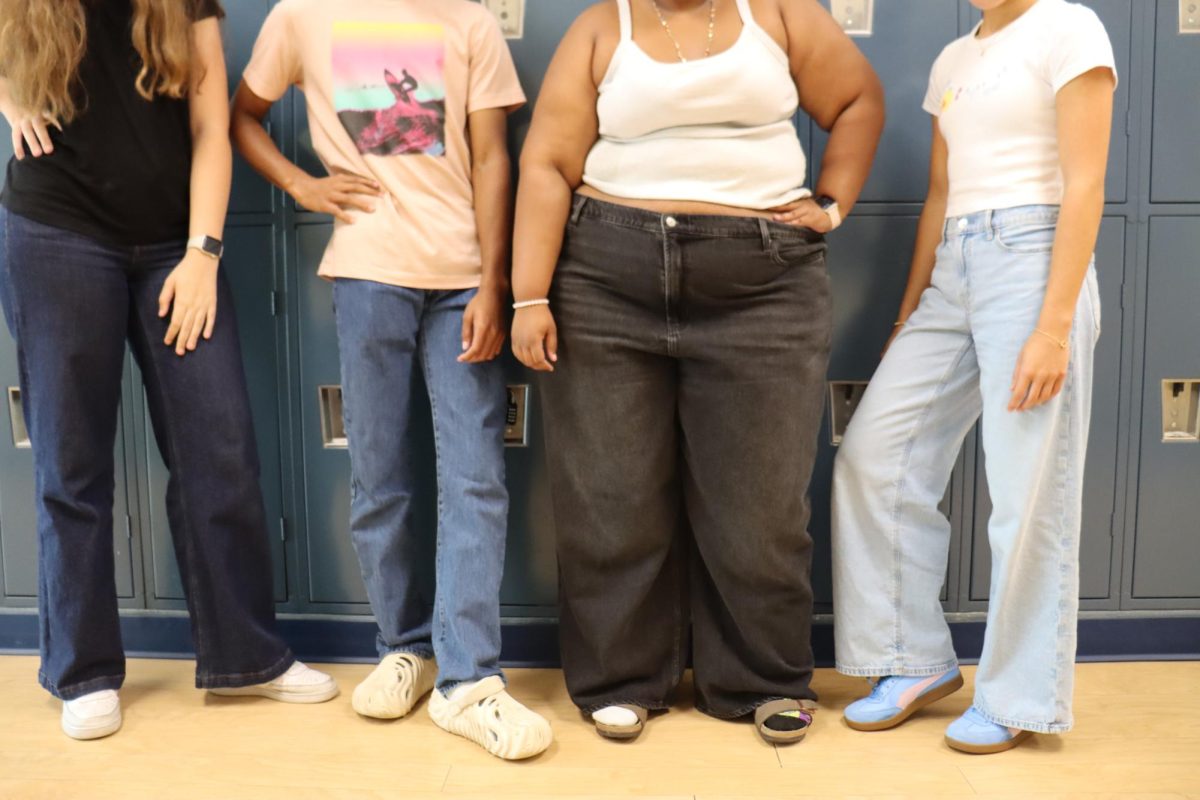



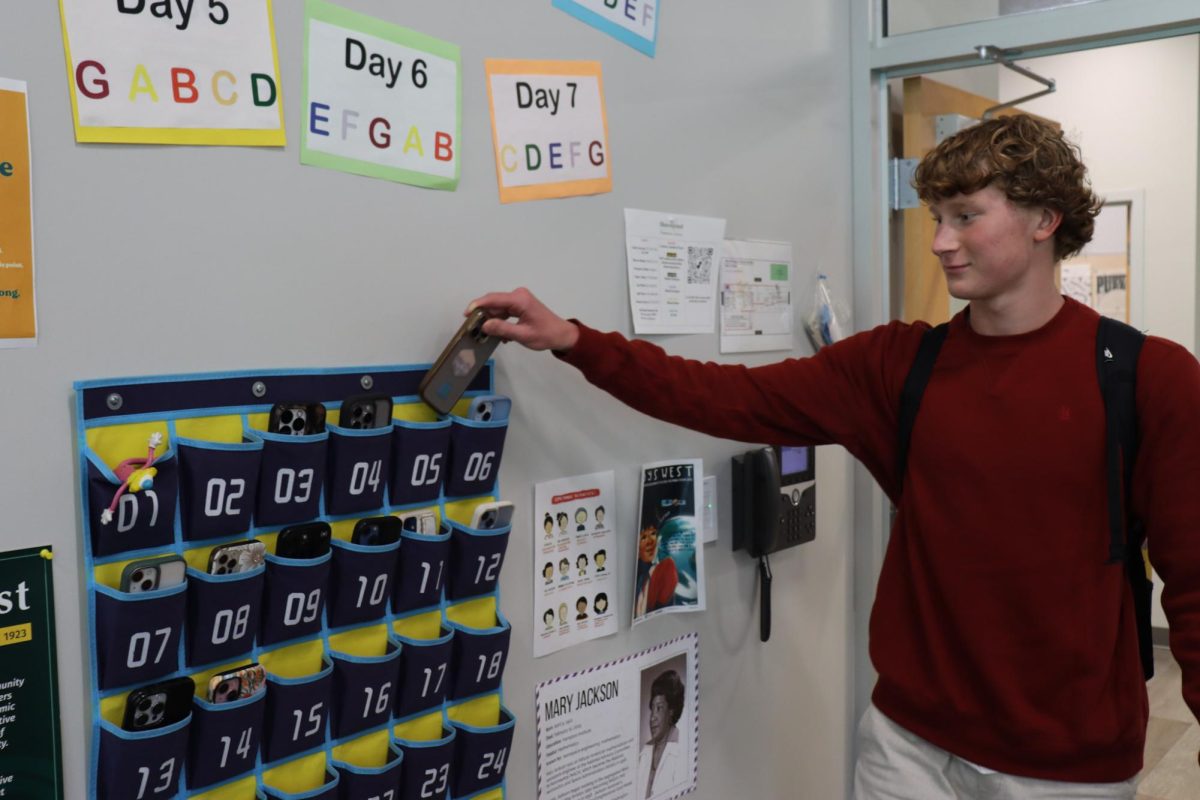


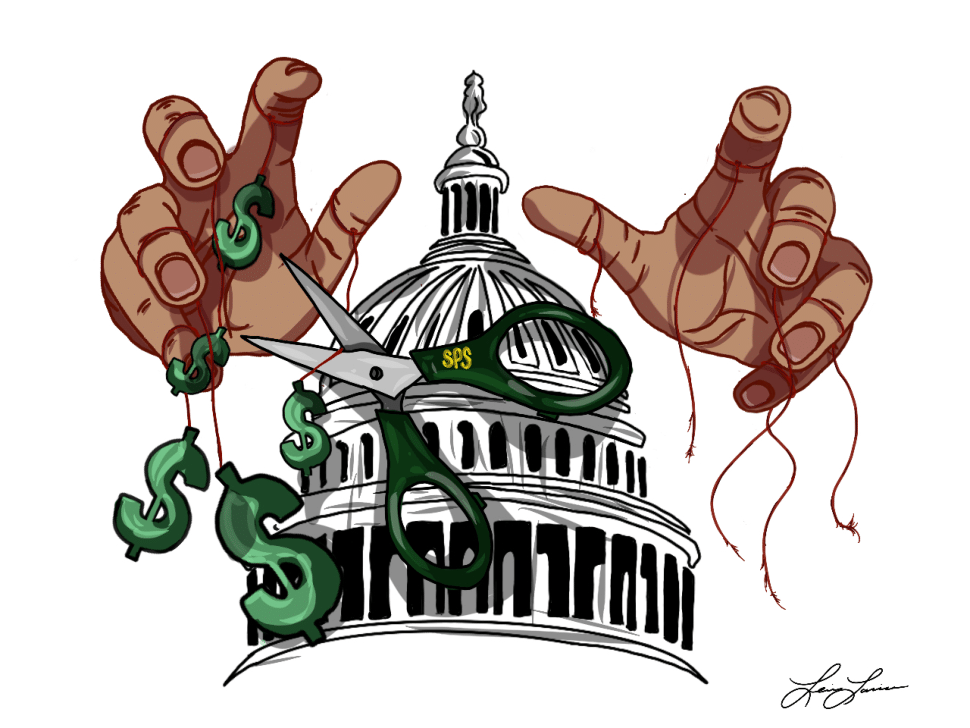











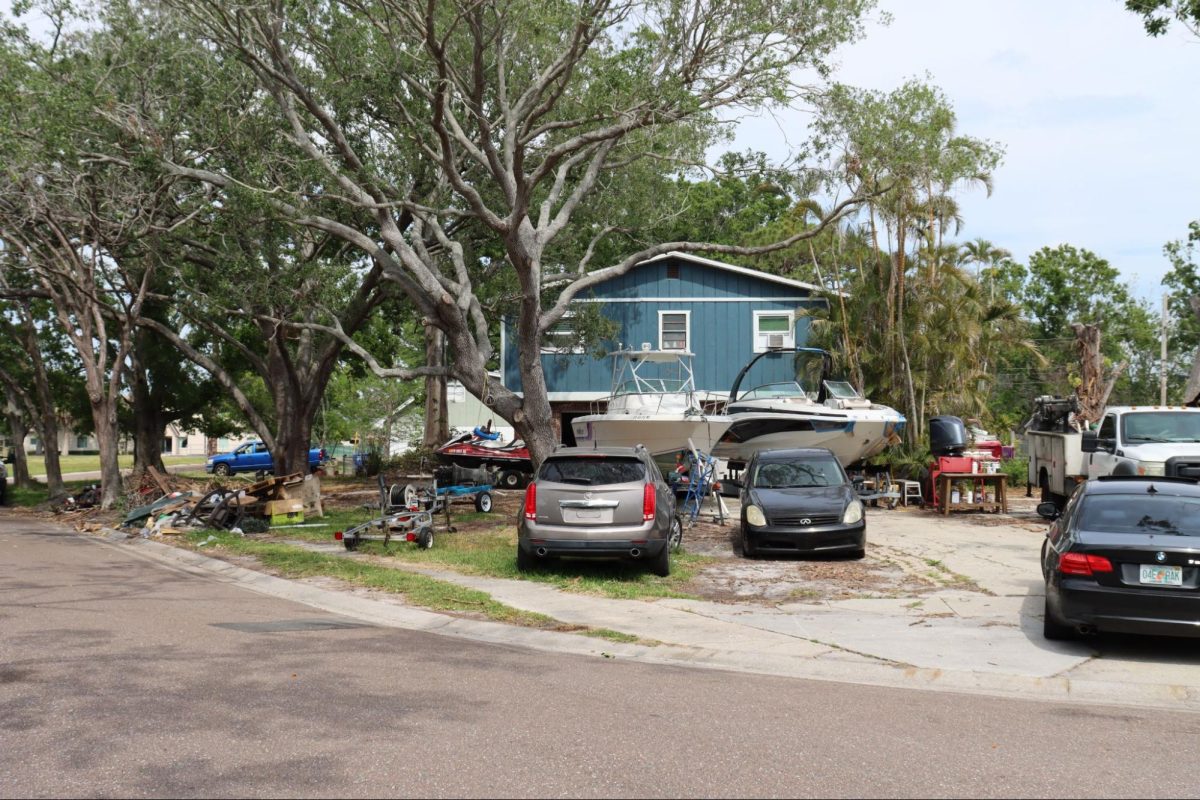



![Thespians pose on a staircase at the District IV Thespian Festival. [Front to back] Luca Baker, Maddison Cirino, Tanyiah Ellison, Alex Lewis, Summer Farkas, Jill Marcus, Ella Mathews, Sanjay Sinha, Isabella Jank, Sofia Lee, Boston Littlepage-Santana, Sally Keane, Tyler Biggar, Tanner Johnson, Jasper Hallock-Wishner, Remy de Paris, Alex Jank, Kaelie Dieter, and Daniel Cooper. Photo by Michael McCarthy.](https://spschronicle.org/wp-content/uploads/2024/12/image1-900x1200.jpg)

